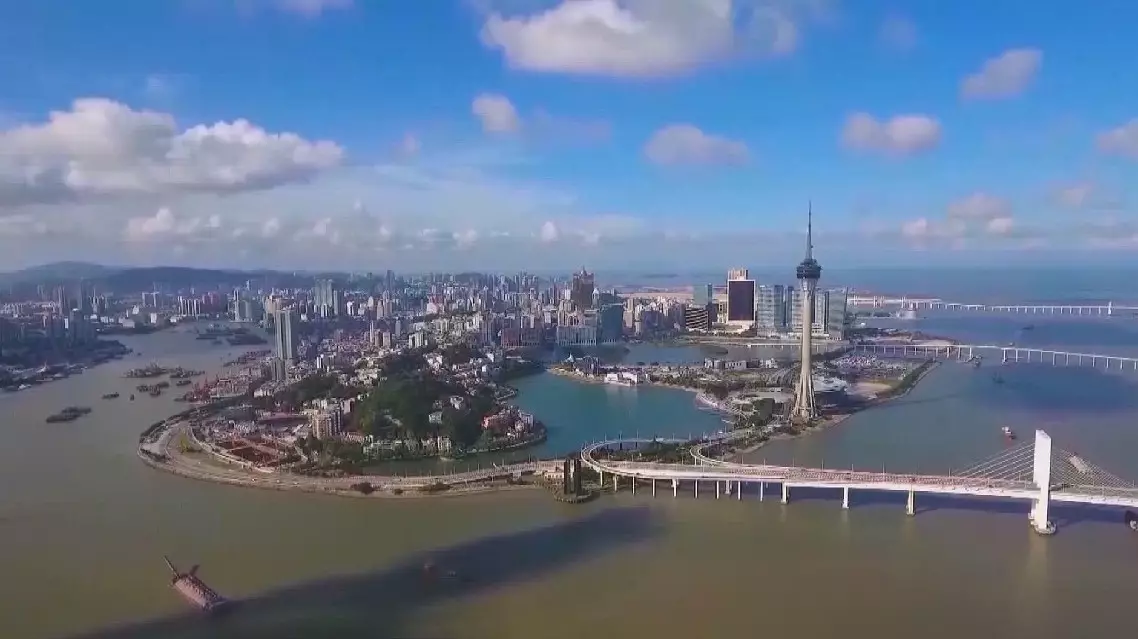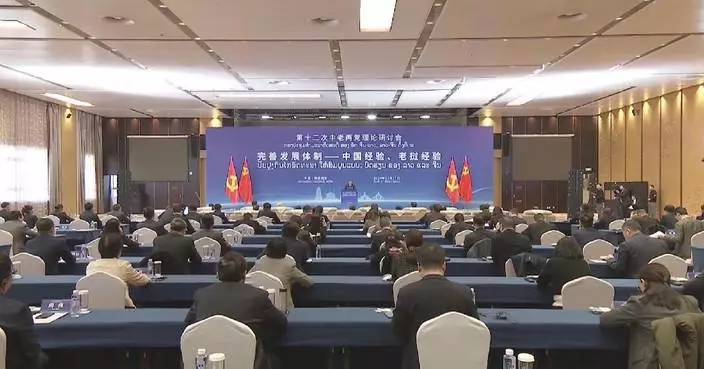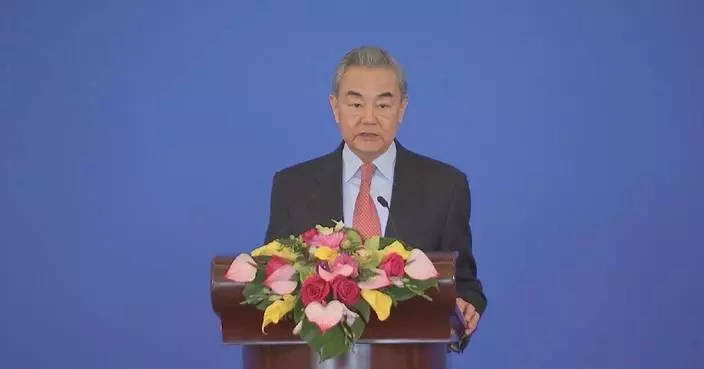Residents of the Macao Special Administrative Region (SAR) said that they have seen significant progress in living standards and social service provision since the region return to the motherland in 1999.
Under the "one country, two systems" policy, Macao has become more prosperous and, with the support of the central government, is able to invest more in the people's wellbeing.
Seac Pai Van, Macao's largest public housing project with over 9,000 residential units, is an example of this investment.
Housing used to be a persistent headache for residents in Macao, a densely-populated region with limited resources, but a public housing policy launched since 1999 has seen nearly 60,000 public housing units built, with 95 percent of occupants exempt from paying rent and many others from low-income families receiving subsidies for their rental costs.
"We can be allocated a house unit [for rent], so we no longer have to rush around to find housing," said a tenant.
Healthcare has also seen significant investment including in the Macao Union Hospital, one of the newest and most advanced in the SAR. This is the first large public hospital built by the SAR government, and is operated and managed through a partnership between the SAR government and Peking Union Medical College Hospital on the mainland.
The hospital has around half of Macao's hospital beds and operating theaters, as well as the first nuclear medicine center, oncology center, and transplant center in the region.
"It can be said that it really makes the patients here rest assured. With the central authorities sending so many experts, it benefits Macao's residents. We, the citizens, feel blessed," said Zoeng, a relative of the patient.
Projects like the "Macao New Neighborhood" in Hengqin, an area located in the southern part of Zhuhai City in Guangdong Province, just across the water from Macao, have significantly improved living conditions for many.
Hengqin's "Macao New Neighborhood," a residential complex designed for Macao residents, is a one-stop-service center, offering integrated services like education and healthcare.
"We are transitioning our services from poverty alleviation to professional development. We are integrating ourselves into the country's overall development. In various cities in the Greater Bay Area, we aim to provide high-quality services to our society's residents," said Ng Siu Lai, the president of the General Union of Neighborhood Associations of Macao.
By 2023, Macao's per capita GDP had more than quadrupled compared to 1999.
Meanwhile, the health conditions of Macao's residents have significantly improved, with the average lifespan increasing from 77.9 years in 1999 to 83.1 years in 2023, ranking among the top in the world.
"With strong support from the central government, we can take care of the people well. This is our responsibility," said Ho Iat Seng, chief executive of the Macao Special Administrative Region.

Macao residents welcome progress in people's livelihoods, wellbeing









